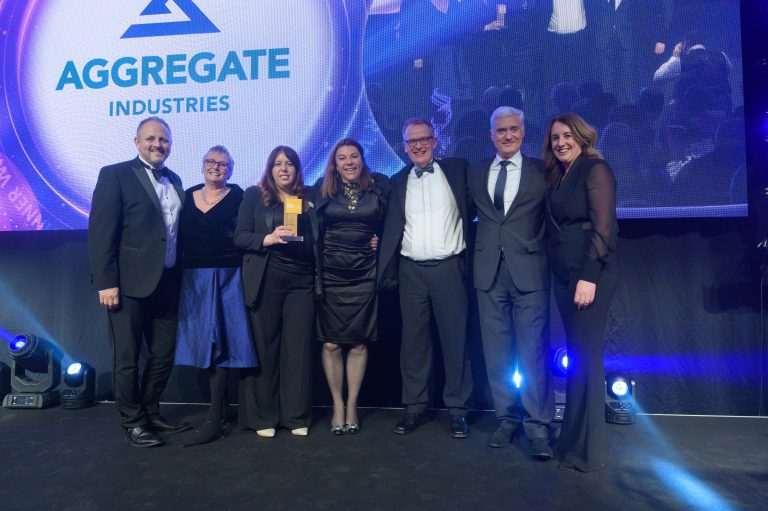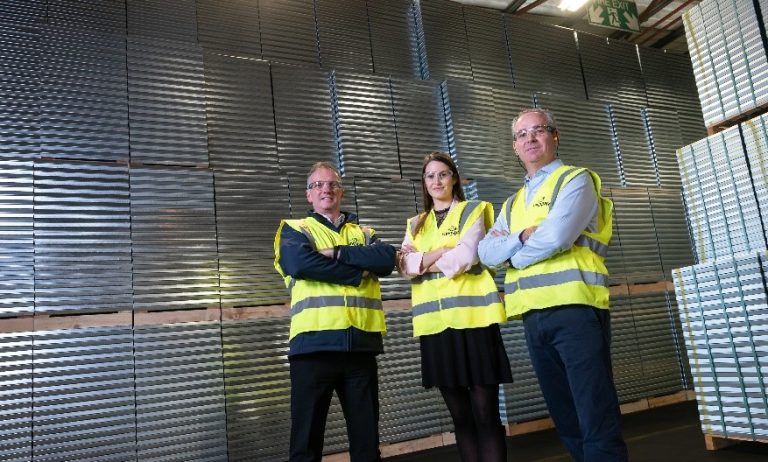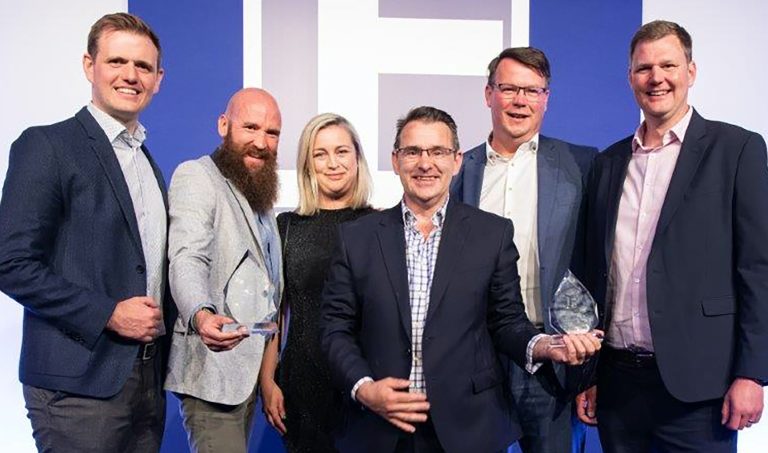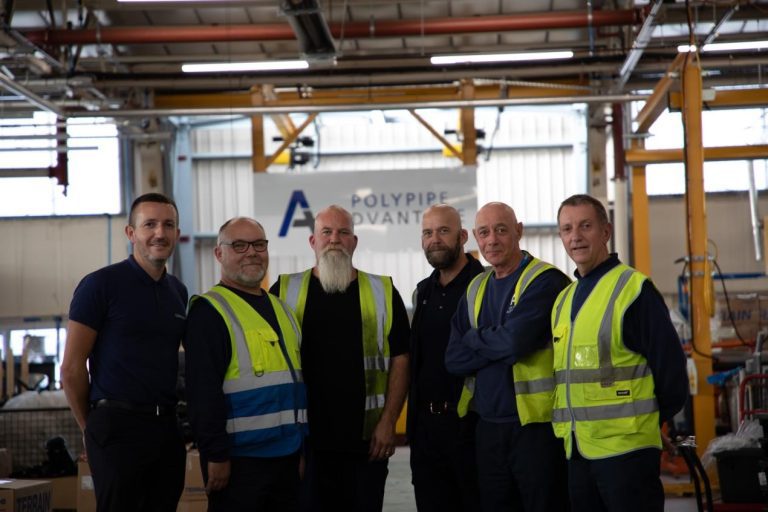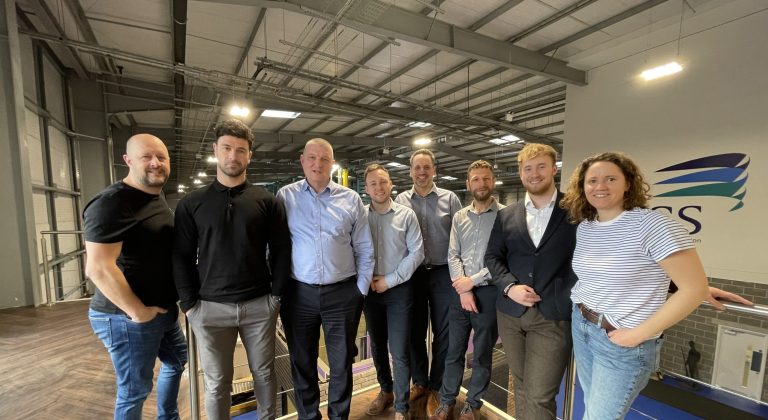Following a stern letter to insulation manufacturer Kingspan, Secretary of State for Levelling Up, Housing, and Communities, Michael Gove has now written to the products firm Arconic demanding it to pay for fire safety defects at dangerous high-rise buildings. The manufacturing company supplied the aluminium composite material (ACM) cladding panels that were part of the refurbishment of Grenfell Tower prior to the tragic fire that broke out in 2017. It is believed that the same combustible cladding material has also been used on many other buildings across the UK. During the Inquiry, Arconic faced much criticism, with the Counsel hearing that the firm had allegedly misled the market about the fire performance of its products. The firm’s lawyers countered these accusations by saying that the sale of ACM in the UK had been “entirely lawful” at the time of use and that the firm had been turned into a victim of “an agenda” to blame Arconic for the fire spread at Grenfell. In his letter directed at Arconic’s chief executive, Timothy Myers, Gove condemns the cladding firm’s lack of “meaningful” engagement with the remediation plans for dangerous high-rises. Sharing the letter on Twitter, Gove confirmed: “I have written to Arconic who have not taken any responsibility – moral or financial – for their role in the Grenfell tragedy & building safety crisis. They’ve instead spent around £9m per year on lawyers to defend themselves. I will use all tools at my disposal to make them pay.” Gove has given Myers a strict deadline – 12 April – in which to respond and arrange a meeting with government officials to explain how the company intends to “scope, identify, and pay for remediation work”. He reiterates that those companies that refuse to engage with remediation plans will face “commercial consequences”. In the letter, Gove states: “I have long argued that those who manufactured and sold flammable cladding and insulation products have a moral and financial obligation to acknowledge their role in the legacy of unsafe buildings in the United Kingdom. “The testimony at the Grenfell Tower Inquiry uncovered shameful practices and an abhorrent culture of disregard for the safety of residents in their homes. I was appalled by the evidence heard by the Inquiry about the extent that your employees went to so as to conceal the flammable nature of your products, and to avoid promoting fire-retardant products to customers – because doing so would reduce your profits. “I note with interest your annual reports, which reveal that Arconic spent an average of $11m USD (£8.9m) per year on legal advice and representation on Grenfell-related matters between 2017 and 2022. In stark contrast, you have not contributed any funding – not a single dollar or cent – towards the cost of fixing dangerous buildings, despite the fact that your flammable products continue to put lives at risk in the United Kingdom today.” Offering the company an opportunity to rectify its failings, Gove adds: “I invite you to meet my officials to explain how you intend to scope, identify, and pay for remediation works. This would go some way to restoring confidence in the sector. “Others in the industry, including Kingspan, and to some extent Saint-Gobain, have made tentative steps to acknowledge their responsibility and role in paying for remediation. Whilst this change in position is a positive step, I have made clear what is required: a comprehensive package of financial support from construction product manufacturers. Closing the letter, Gove reiterates: “My department will continue to be driven solely by our commitment to protect people in their homes: people who bought or rented homes in good faith, whose safety continues to be threatened by your products, and who deserve better from the companies who have exploited their basic need for a home. Those companies that do not share our commitment to righting wrongs of the past must expect to face commercial consequences.” Building, Design & Construction Magazine | The Choice of Industry Professionals
